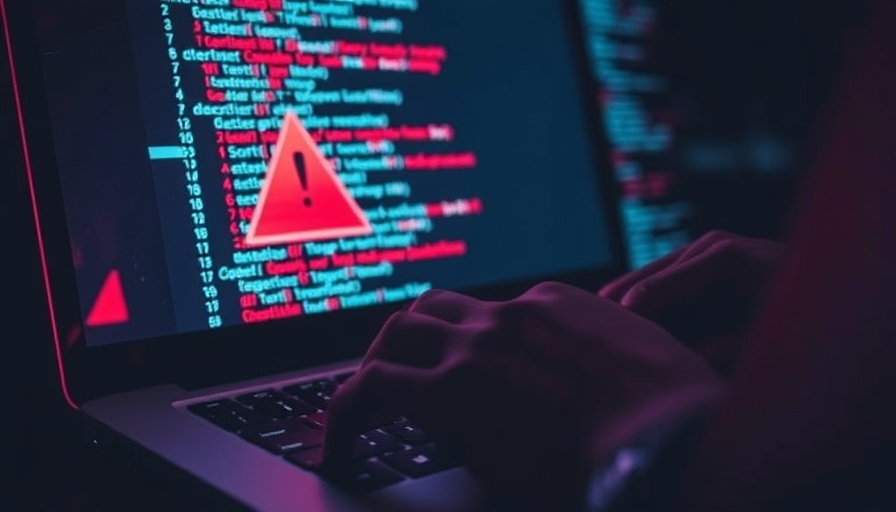
The Resurgence of 4chan: A Candid Reflection
In a surprising turn of events, the controversial image-sharing site 4chan has resurfaced after an almost two-week absence due to a significant hack. Initially taken offline on April 14, the platform's comeback is marked by a heartfelt declaration from its team, asserting their commitment to the community despite facing substantial challenges. The outcry followed the leak of sensitive information, including a list of moderators, prompting reflections on the site’s tumultuous history in the digital age.
The Hack That Nearly Ended 4chan
4chan’s extended downtime has spurred discussions about its legitimacy and relevance, with some even suggesting a premature end for the site. Journalist Ryan Broderick’s remarks in Wired captured the evolving perception, declaring the site’s descent from a cultural hub to a controversial nexus for extremist views. Following the hack, in which a hacker from the UK exploited a vulnerability through a “bogus PDF upload,” the damage was assessed as catastrophic, leading to comprehensive restoration efforts.
Financial Strains and External Pressure
In their blog post addressing the hack, 4chan's management pointedly argued that the site has been “starved of money” for years. They highlighted how advertisers, under pressure from activists, have increasingly distanced themselves from the site, severely crippling its financial resources. The narrative shared on their platform reflects a growing concern in the tech industry: how external factors and social pressures influence operational viability.
What the Future Holds for 4chan
The return of 4chan, though limited (with certain features like PDF uploads disabled), indicates a surprising resilience. The team notably declared, “No other website can replace it, or this community. No matter how hard it is, we are not giving up.” This sentiment raises questions about the future of platforms that operate outside the boundaries of conventional social media norms. Can 4chan adapt to contemporary pressures without losing its original essence?
The Broader Implications on Technology News and Free Speech
The resurgence of 4chan prompts a broader conversation about free speech and the responsibilities of tech companies. As engagement with extreme content increasingly faces scrutiny, how platforms like 4chan navigate their self-preservation will be pivotal. The shrinking pool of advertisers willing to engage with such platforms underlines a significant shift in the tech landscape. In this evolving environment, stakeholders must contemplate the balance between free expression and societal responsibility.
Community Responses: Divided Opinions
Community reactions to the return of 4chan have been mixed, showcasing the complexities of online subcultures. While some staunchly support the platform as a bastion of freedom, others express concern over its historical affiliations with toxic behaviors. This duality emphasizes the need for a nuanced understanding of digital spaces in today’s society.
The Learning Curve: Lessons from the 4chan Saga
Ultimately, 4chan’s narrative is a case study in resilience and the challenges of modern digital communities. Its recent experiences serve as a cautionary tale for similar platforms, highlighting the necessity for robust security measures and adaptive strategies to remain relevant. As 4chan demonstrates both vulnerability and strength, other tech entities might glean pivotal insights from its journey.
The ongoing saga of 4chan reflects broader trends within the tech community, inciting discourse on its implications for freedom in expression and the evolving dynamics of online engagement. As readers and users navigate an increasingly complex digital landscape, staying informed about such evolving narratives remains crucial. Engage in discussions surrounding freedom of speech, community responsibility, and the future of internet platforms.
 Add Row
Add Row  Add
Add 



Write A Comment